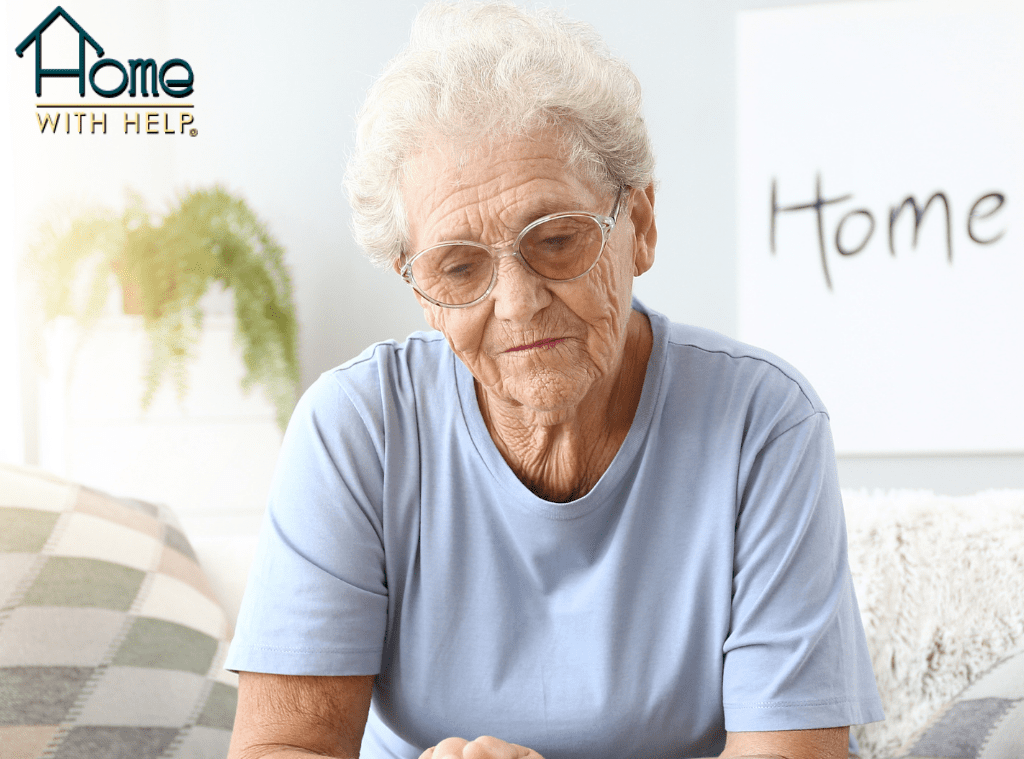
Social isolation is a big issue among seniors and our elderly population. As we age, we go out less and spend more time on the couch or in bed. This is very common but can affect one’s health and wellbeing. It is human nature to need interaction with others and to feel isolated when we are home too long alone.
So when seniors begin to self-isolate whether it is on purpose or not, their mental and physical health start to deteriorate. And now we have the impact that Covid-19 has created, which is adding to the magnitude of this crisis.
According to Medicareadvantage.com, isolation is one of the biggest threats to the health of America’s seniors. But, it remains among the most difficult to diagnose. You could say that it is America’s quietest health risk. At least a quarter of seniors over 65 live with it.
With the senior population being the largest risk of getting Covid-19, many seniors are being forced to remain at home or isolated in their communities. Then they are not getting the much-needed interaction and touch that improves the quality of life and helps sustain healthy living.
Isolated Seniors also may not receive the proper medical attention that is needed in a timely manner. Studies show that isolated seniors have an increased risk of high blood pressure, depression, dementia, and malnutrition. They are at a higher risk for alcohol and tobacco abuse as well.
What You Can Do
So, in order to combat isolation blues and keep our elderly loved ones healthy, it is important to do these 7 things…
- Reach out to family and friends. It is natural for seniors not to want to bother or inconvenience anyone. So, they refrain from reaching out when they feel lonely or are needing a connection. But, it is important to combat loneliness by being around or talking with friends and family. A simple phone call, Facetime video or quick coffee can do wonders for our elderly loved ones.
- Get outside. Whether it be taking a walk, having a chat with a neighbor in the driveway, or just sitting on the front porch, it is important to get outside. By getting some fresh air, vitamin D, and seeing other people, our health and wellbeing can be positively impacted.
- Learn something new. There are thousands of online courses on almost any subject. Help your elderly loved one get set up with a computer, so they can find something they want to learn.
- Look for volunteer groups and resource centers that can send volunteers by to check on your elderly loved one on a regular basis.
- Hire a non-medical in-home care company that can come out on a regular basis for social interaction. This service is called companionship and is something we offer at Home With Help®
- Set a weekly routine with your loved one – a calendar of when you will call or stop by. Regular routine gives our seniors something to look forward to.